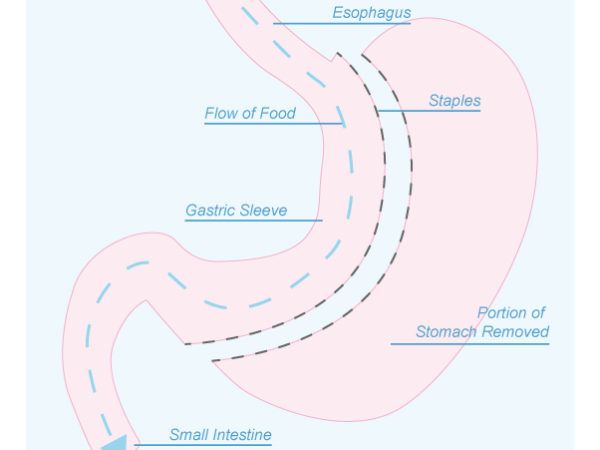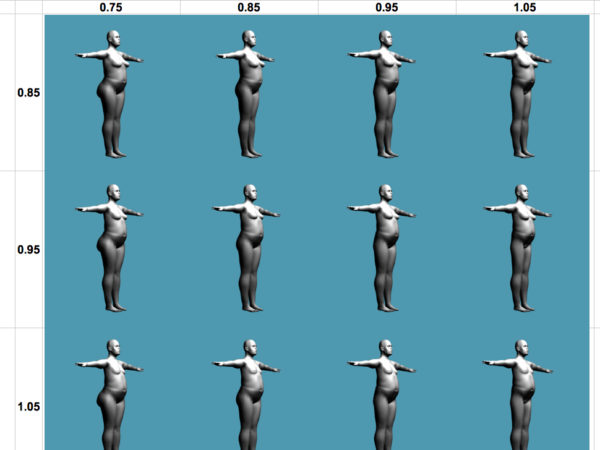Research
The Fat Subject in Transition
Doctoral Dissertation
For my PhD research, I studied the use and effects of the concepts of will, self-control, choice, and knowledge in the discourse on weight loss surgery (WLS), allowing me to study a very particular technoscientific framing of the “problem” of fatness, one that often implicates women and current or potential mothers as especially in need of biomedical intervention. Through ethnographic interviews, I revealed that concerns about will and particularly about the possibility of post-surgical alcoholism are common among WLS recipients, despite a perceived void in physician response to these risks.

Reworkings of Health and Well-being
I am currently in the planning stages of a project which will investigate a variety of groups that share a common, non-conventional understanding of health practices leading them to engage in particular ways with dominant systems of expertise and knowledge. I posit that, though understandings between these groups are often in conflict, there will be some common underlying system to their sense-making.
Below Stairs
As part of RPI’s Communication and Media Department’s collaboration with the Rensselaer County Historical Society, I helped to produce an augmented reality experience for visitors to explore the daily life of servants approximately 150 years ago in its Hart-Cluett House. I served as the principal technical developer through two different implementations of the app and worked alongside RPI C&M faculty and students and RCHS staff to design and script the experience.
An Empirical Investigation of Factors that Contribute to Perceptions of Fatness
For my Master’s research, I attempted to determine what perceptions an individual utilizes when classifying a person as fat or not fat. The answer to this question provides an important tool for use towards investigating the psychosocial implications of fatness and how fat subjects are perceived/constructed.





